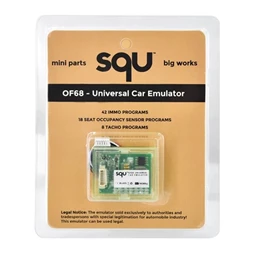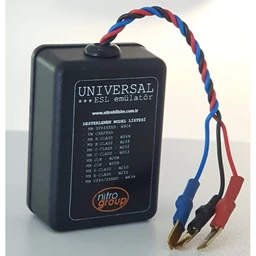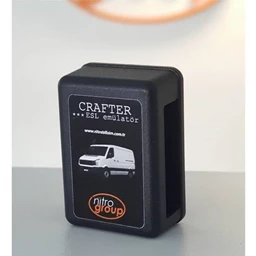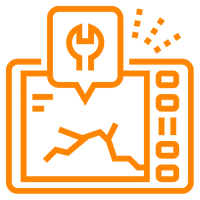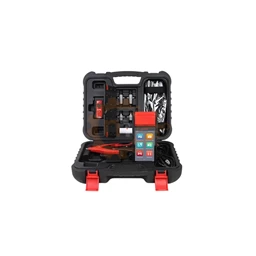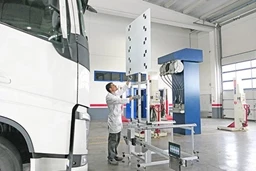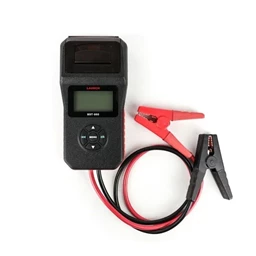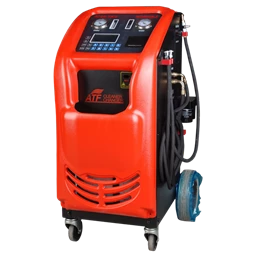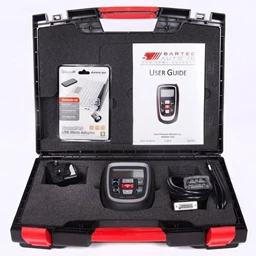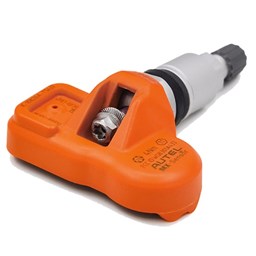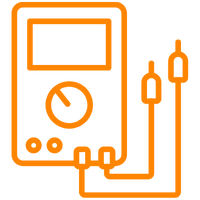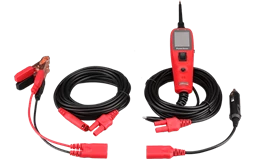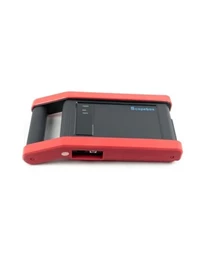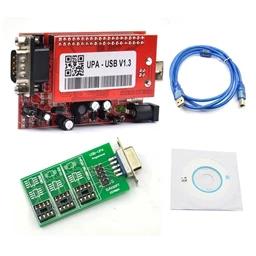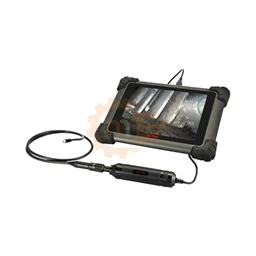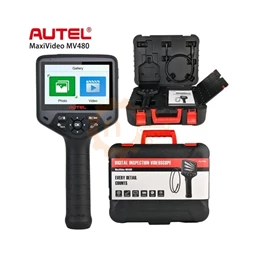NOx Problem and Solutions
In hydrogen fueled engines - gasoline, LPG, diesel - as a result of the chemical reaction of air and fuel at high temperatures, plenty of nitrogen oxides, in other words NOx, emerges.
The amount of NOx generated can be reduced to low levels by reducing the combustion chamber temperatures, reducing the amount of oxygen or reducing the burning time.
As a result of the recirculation of inert exhaust gases, especially in poor mixtures, the emission of NOx gas is significantly reduced as the oxygen concentration is reduced.
While the NOx gas emission is reduced, the performance of the engine is also affected by this situation. As the temperature of the engine decreases, combustion will decrease and there will be some decrease in power.
NOx gas is a toxic gas. Various NOx reduction methods have been developed since it causes respiratory diseases such as lung cancer, allergies and asthma.
AdBlue fluid, a non-fuel nitrogen (urea) and water-based solution used in heavy and commercial vehicles recently, is a liquid that is sprayed into the exhaust gases from the engine to reduce NOx emissions.
It reacts during spraying and breaks down harmful NOx gases to a great extent, allowing them to be released into the atmosphere as harmless nitrogen gas and water vapor.
Although the use of AdBlue fluid provides benefits in terms of NOx emission, it reduces vehicle performance.
Higher performance means more fuel consumption, and the resulting NOx gas emission is prevented by using more AdBlue fluid.
Using AdBlue is costly. When used with fuel, it brings a certain amount of fuel, a cost with the fuel. It is mandatory to use AdBlue fluid in European Union countries.
Vehicles carrying out transportation between countries want to analyze the use of AdBlue fluid at any time in terms of both performance and cost.
Nitro Mechatronics AdBlue Analysis Emulator has been developed as the simplest solution and operation to your problem.
By analyzing the usage of AdBlue, it ensures that the vehicle works only with fuel. In countries where the use of AdBlue is not mandatory, a cost and performance gain can be achieved thanks to the AdBlue Analysis Emulator.
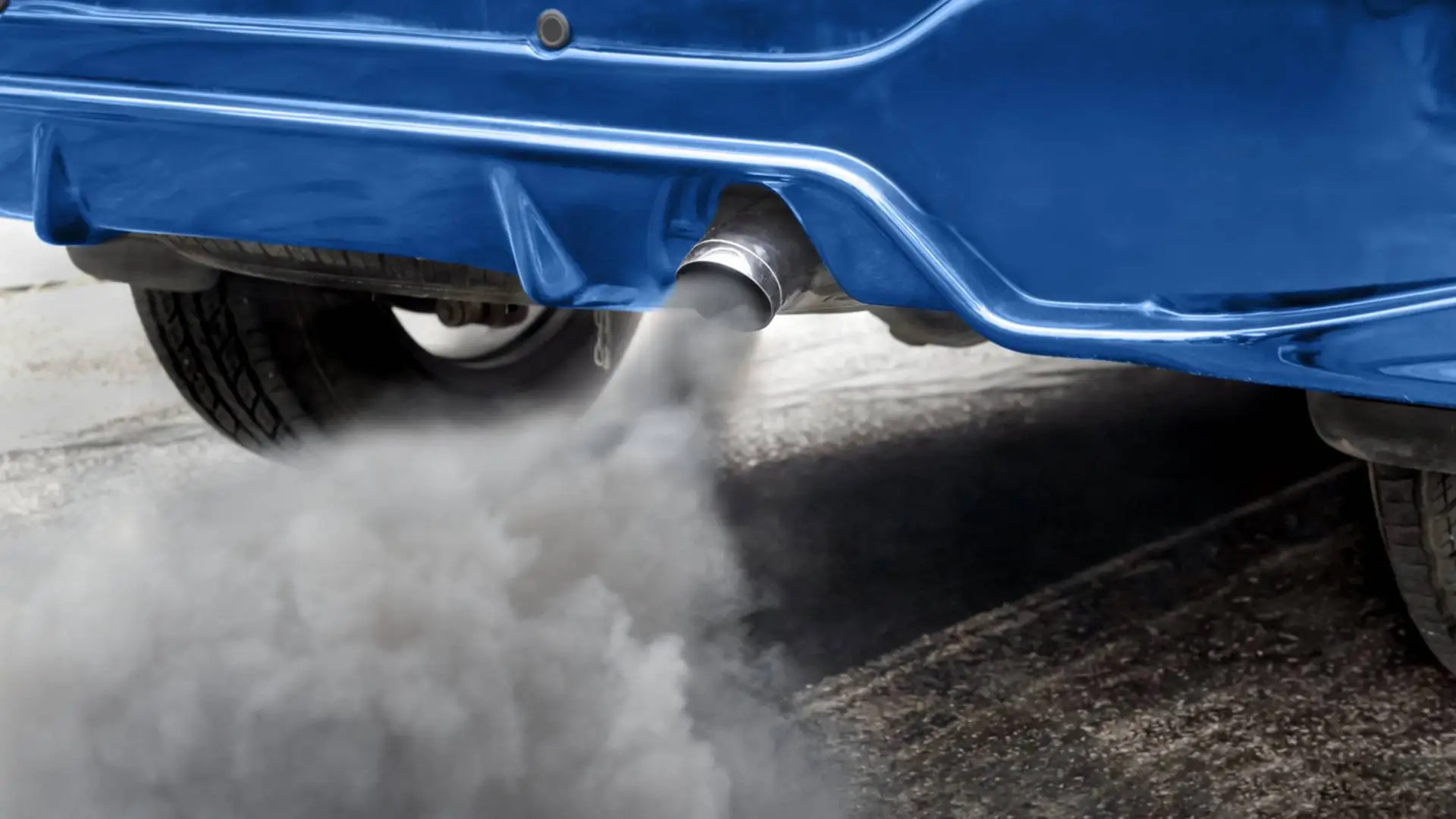
Some Methods Used to Reduce NOx Emission
There are various methods used other than using AdBlue liquid.
Staged Combustion: Some of the fuel burns in the main compartment of the engine.
Even after all the fuel has been burned, the energy is still the same.
With this method, the temperature decreases and the amount of NOx gas generated as a result of combustion decreases. It is an economical method.
Humid Air Method: Water vapor mixes in the engine cylinder before the fuel combustion occurs.
The humid and hot air is sent from the engine's T / C blowers to the other cells of the engine.
The gas formed as a result of combustion reaches saturation with the moisture it receives from the cooling water. With this method, it reduces NOx emissions between 70% and 80%.
Flue Gas Recirculation: Some of the gas coming out of the exhaust is sent back to the combustion chamber.
With the decrease in temperature in the combustion chamber, that is, the combustion of oxygen, the amount of air inside decreases and less combustion occurs.
The returning gas enters the combustion reaction with the air with reduced content and releases less NOx. In this way, NOx emission is reduced by 40%.
NOx Emulator: It is used in cases such as failure of the NOx sensor. Functionally mimics the NOx sensor.
The NOx emulator is mounted directly inside the NOx sensor section. After the NOx emulator is installed, it works in harmony with the CAN system in the vehicle.
Selective Catalytic Reduction (SCR): It is an economical and efficient technology for NOx emission in the oxygen-rich exhaust environment of gasoline and diesel engine after combustion.
In SCR catalysts, NOx reduction is usually performed using ammonia.
However, since the transportation of ammonia in vehicles will be dangerous, hydrocarbons can be used instead of ammonia in NOx reduction. The reduction of NOx with hydrocarbons is called HC-SCR.
For this and more information, you can reach us by clicking nitrobilisim.com.tr/tr/boards or by calling 0850 755 0230.

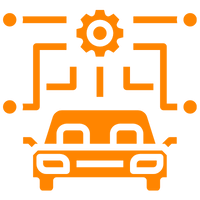
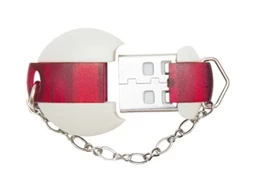
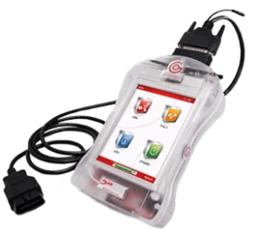
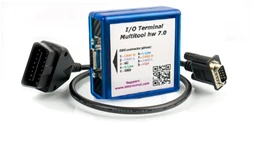
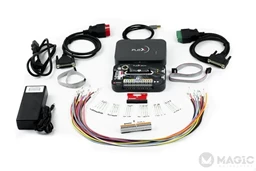
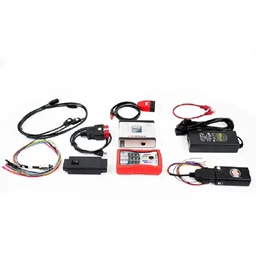
 Cihazı.webp?size=256)
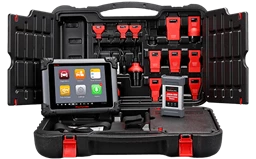
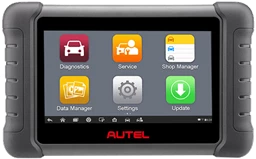
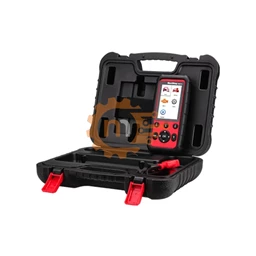
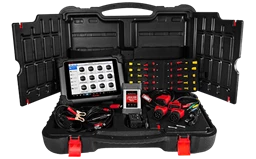
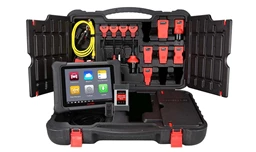
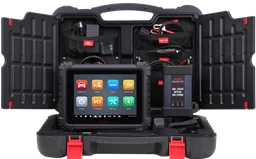
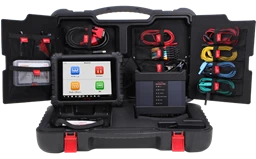
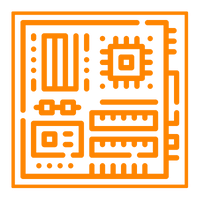
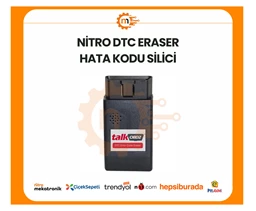
.webp?size=256)

